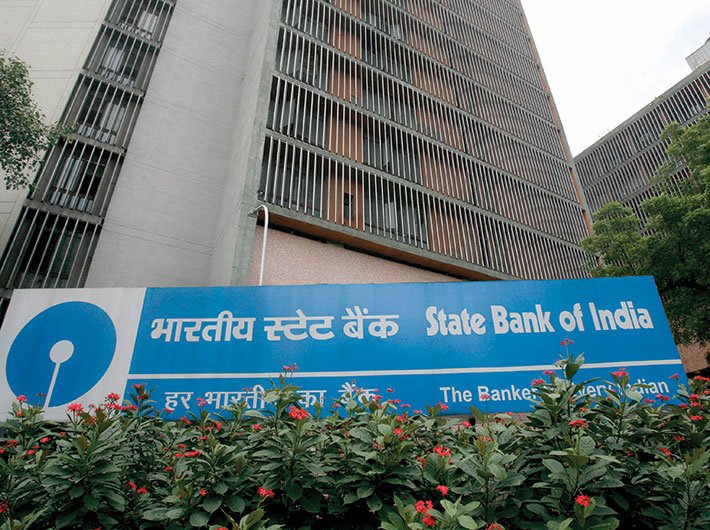Bank employees have sacrificed their holidays and ignored urgent domestic responsibilities, said a union leader
It is high time the authorities woke up to the “pathetic, gruelling conditions” that bank employees are being subjected following the move to scrap Rs 500 and Rs 1,000 currency notes, said Harvinder Singh, general secretary of All India State Bank Officer’s Association.
He said that the unsettled question is at what cost to the people who manage the banks accountable for implementing government policy. “Is it the authority taking the policy decision, is it the management of the banks or the personnel facing the affected common man.
Undoubtedly, it is the man on the field, the employees managing the branches of the banks from Kashmir to Kanyakumari and from Mehsana to Meghalaya,” said a press release.
Singh said that while we have already wholeheartedly welcomed the move of demonetisation, “the reports coming from different parts of the country on the plight of bank employees is far from satisfactory”.
“At the instructions of our government, we the employees on the field immediately took up the uphill task, sacrificing our holidays and ignoring urgent domestic responsibilities. Instructions have been issued to the banks for increasing the working hours. More and more miracles are expected from bankers like mobile vans to disburse cash to needy patients at the hospitals, increasing the cash holding limits of business correspondents and so on, when we are working at the worst situation without support from anybody.
“The reports pouring in from different parts of the country (shows the situation) is utterly chaotic and extremely maddening. How is it humanly possible for anyone to work from 9 a.m. till late midnight without getting justified break required for any machinery to function smoothly and particularly when the working environment is not at all conducive to retain mental peace and physical fitness and more importantly when we are actually handling cash.”
He went on to say that nobody can deny the fact that today “our working conditions are worse than that of bonded labourers, even against the guidelines laid down by various laws and ILO to which India is a signatory.”
“On one hand we are facing the unprecedented huge crowd of furious common man and on the other hand are facing the problem of shortage of currency. The bankers have to exchange notes which involves verifying the identity of the person with the notified document, along with the work of depositing banned currency and making payments to the existing customers with limited currency stock.
Singh said that it seems that hardly anyone at the top has realized the situation on the ground. “Due to shortage of currency, branches are managing the cash left in their currency chest and are running on soiled notes. In some parts of the country, the intelligence reports have confirmed increasing public unrest and banks are seeking police help to control the crowds. The effort involved in simultaneously replenishing the ATMs all over the country and reaching notes to all bank branches is currently proving beyond the capacity of the banking network and logistics firms.”


